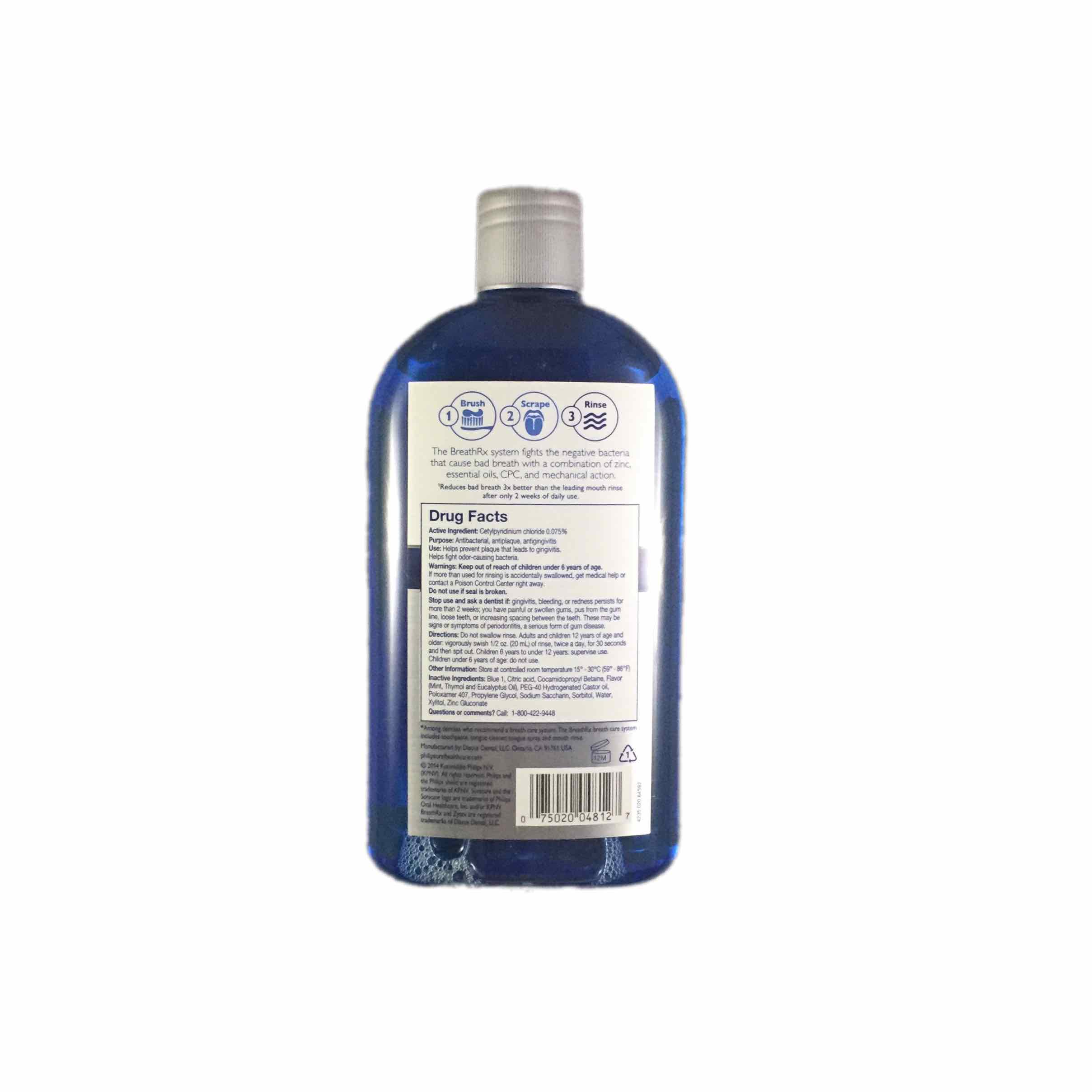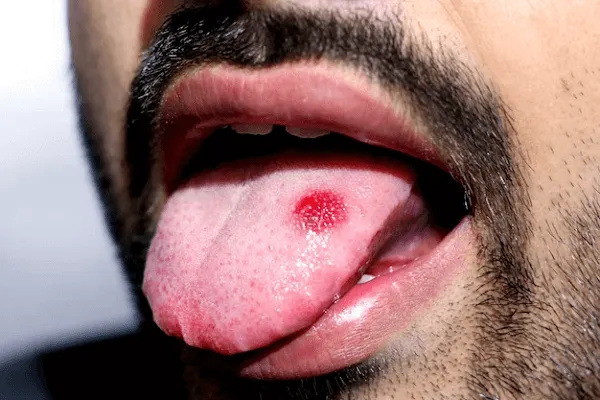11 Mouth Taste Solutions For Fresh Breath

The quest for fresh breath is a universal desire, transcending cultures and geographical boundaries. Bad breath, or halitosis, can be a source of embarrassment and distress, affecting not just personal relationships but also professional and social interactions. However, the journey to achieving consistently fresh breath can be fraught with challenges, from the fleeting effects of mints and gums to the more serious implications of oral health issues. Here, we delve into 11 mouth taste solutions designed to promote fresh breath, exploring both traditional remedies and cutting-edge treatments.
1. Hydration: The Foundation of Fresh Breath
Adequate hydration is the unsung hero of oral health. Water helps to rinse away bacteria and food particles that can lead to bad breath. It also keeps the mouth moist, which is essential for the production of saliva. Saliva acts as a natural mouthwash, containing enzymes that break down food particles and neutralize acids. Drinking plenty of water throughout the day is a simple yet effective strategy for maintaining fresh breath.
2. Regular Brushing and Flossing
Maintaining a diligent oral hygiene routine is crucial. Brushing your teeth at least twice a day with a fluoride toothpaste and flossing once a day helps remove plaque, bacteria, and food particles from the teeth and gums. These bacteria, if left unchecked, can lead to not just bad breath but also more serious conditions like gingivitis and periodontitis.
3. Tongue Scraping
The tongue can harbor millions of bacteria, contributing significantly to halitosis. Using a tongue scraper daily, especially in the morning, can effectively remove these bacteria and debris, leading to fresher breath and a cleaner-feeling mouth.
4. Mouthwashes
Antibacterial mouthwashes can be an excellent addition to your oral care routine. They can reach areas that brushing and flossing might miss, killing bacteria that cause bad breath. However, it’s essential to choose a mouthwash that carries the American Dental Association (ADA) Seal of Acceptance, indicating that it has met the ADA’s standards for safety and effectiveness.
5. Dietary Changes
What you eat can significantly impact your breath. Consuming foods high in sugar and acid can lead to an increase in harmful bacteria, while cruciferous vegetables like broccoli and spinach can leave unpleasant odors. Incorporating fresh fruits, vegetables, and whole grains into your diet can help create a balanced oral environment. Additionally, foods high in fiber can help stimulate saliva production, further aiding in keeping your mouth clean.
6. Probiotics
Probiotics are beneficial bacteria that can help maintain a healthy balance of gut flora. Research suggests that there is a link between the health of the gut and the mouth, with an imbalance of bacteria in the gut potentially leading to bad breath. Consuming probiotic-rich foods like yogurt or taking probiotic supplements can help ensure a healthy gut, which in turn can contribute to fresher breath.
7. Chewing Sugar-Free Gum
Chewing sugar-free gum after meals can stimulate saliva production, helping to wash away food particles and bacteria. Look for gum with the ADA Seal of Acceptance, which ensures it meets standards for safety and effectiveness in promoting oral health.
8. Essential Oils
Certain essential oils, such as peppermint, eucalyptus, and tea tree oil, have antibacterial properties that can help combat bad breath. They can be added to water for a homemade mouthwash or used in a diffuser to freshen the breath. However, it’s crucial to dilute these oils properly, as they can be potent, and to consult with a healthcare professional before using them, especially if you have sensitive teeth or gums.
9. Regular Dental Check-Ups
Sometimes, bad breath can be a sign of an underlying oral health issue, such as gum disease, tooth decay, or dry mouth. Regular visits to the dentist can help identify and treat these conditions early on, preventing more severe problems and ensuring your breath remains fresh.
10. Avoiding Tobacco and Alcohol
Both tobacco and alcohol can dry out the mouth, reducing saliva production and leading to bad breath. Tobacco, in particular, can cause significant oral health issues, including gum recession and tooth decay, further exacerbating breath problems.
11. Stress Management
Stress can lead to a dry mouth, as the body’s “fight or flight” response slows down digestion and can reduce saliva production. Engaging in stress-reducing activities, such as meditation, yoga, or deep breathing exercises, can help manage stress levels, indirectly contributing to fresher breath by maintaining a healthy flow of saliva.
In conclusion, achieving fresh breath is not a one-size-fits-all solution. It involves a combination of good oral hygiene practices, dietary adjustments, and potentially incorporating some of the more innovative solutions like probiotics and essential oils. By understanding the causes of bad breath and implementing these strategies, individuals can take significant steps towards enjoying consistently fresh breath and the confidence that comes with it.
What are the primary causes of bad breath?
+Bad breath, or halitosis, can be caused by a variety of factors including poor oral hygiene, gum disease, dry mouth, smoking, certain foods or medical conditions, and gastrointestinal issues. Identifying the cause is crucial for effective treatment.
How often should I visit the dentist to prevent bad breath?
+Regular dental check-ups are essential for maintaining good oral health. The frequency of visits can depend on individual oral health needs but generally, visits every six months are recommended for most adults. These check-ups can help prevent and identify issues early, including those that might cause bad breath.
Can bad breath be a sign of a more serious health issue?
+Yes, in some cases, bad breath can be a symptom of an underlying medical condition. These can include respiratory infections, sinus infections, gastroesophageal reflux disease (GERD), diabetes, and liver or kidney disease. If bad breath persists despite good oral hygiene, it’s advisable to consult with a healthcare provider to rule out any underlying conditions.

